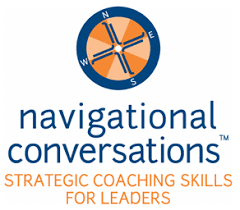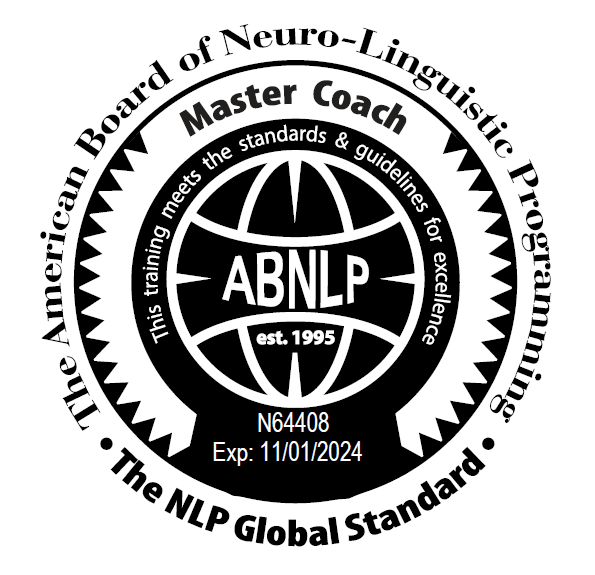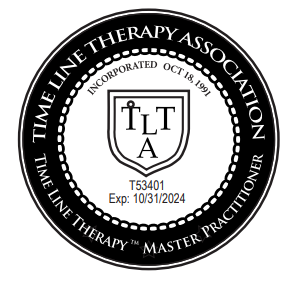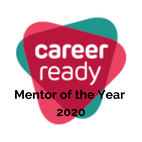|
Blogging is not for earning, it's about helping others with the knowledge that you have. Sayed Faizan Ali |
|
,
Be completely honest with yourself, are you and your team, if you have one, performing at the top of your game? If you get to the top of your game, do you know how to stay there? How do the likes of Federer and Nadal, Jason and Laura Kenny, or Pinsent and Redgrave stay at the top of their game for so long? The answer is the correct ingredients, in the correct amounts: raw talent, the right mindset and a coach or coaches to guide them along the way. What can we learn from sport and transfer across into our business, organisation or career? Back in the mid 90’s I went to University with the sole aim of getting into the GB rowing team, I chose my university to have the best chance of this happening. Nottingham University was the place to be. Within 6 weeks of starting it became clear that a skiing accident earlier in the year was about to throw a spanner in the works. The damage to my back made lifting heavy, free weights too dangerous and I was retired overnight, just weeks before those prized GB trials. At 19 years old it felt like the end of the world, I decided to revert back to a typical first year student, I did little work, I decided it was a good idea to take up smoking, I went out drinking and partying too much and nearly failed my first year - in essence I had no purpose. I was saved by a man who saw my potential and, on the condition I stop smoking, the University would fund a rowing coaching course for me so I could work with the beginners the following year. Overnight I had a purpose again. By the time I left University I had completed a second, advanced coaching qualification, also funded by the university, coached an unbeaten crew, had numerous other winning crews, oversaw a team of 6 other coaches, got a couple of the lads into senior crews in their first year and had one shining star with Great Britain potential. I was also the youngest female in the country qualified to my level (NVQ level 4). I had mastered the 4D’s, desire, decision, discipline and determination. I taught my crews the same. What commitment did I ask of my rowers that made them so successful? I firstly ask them to get out of a traditional student mindset, if they wanted to succeed they needed to have the desire to do it, they needed to decide to commit 100% and not go out drinking all the time, unless it was permitted of course! They then needed to pursue their rowing and training with discipline, that meant 6 days out of 7, and determination, not to get tempted by the parties and other distractions that abound in your first year at University. I lead from the front, expecting the same of myself, I not only accompanied them on every river session with my bike and megaphone, how I never fell in is a miracle! I also did all their land-based training sessions with them too. At the beginning and regularly throughout their training, they were assessed to monitor their progress. I needed to know where they started from and where they were moving towards so that I could select the right people for the right boat, and I needed to know which combinations were going to work and which weren’t. My rowers were focused, they had to be open minded, I was consistently giving them feedback on technique, where every tiny adjustment would make the boat go faster. They would review each other, and I would video them too and we would review as a team. Having another person’s perspective on your performance and being able to critically self-review is vital to success in whatever you are doing. From a team point of view they all had to get to know and understand each other to function as a unit, if one person slacked on training or wouldn't admit they needed to make a change to their technique it impacted their performance and the performance of the crew as a whole. We had our goals, the dates of our races. I built a training plan so that every day they knew, and I knew, what we needed to be doing to get to that goal. Crews that succeeded stuck to this and worked together to hold each other accountable, the crews that were less successful slipped from time to time and weren't as good at holding each other accountable. Performance coaching in a business setting, whether it be one to one or team coaching, is exactly the same. We look at where you are now, what's holding you back from moving towards, what you want and then we start to make those tiny improvements every day to make your business, team, organisation or career move in the direction you want it too. We set goals and a plan for achieving them and you will know every day how your thoughts and actions are helping you towards achieving those goals. Just like the assessments I put my rowers through to keep track of their progress, I use a suite of assessments with my coaching clients. Firstly, to get a needs analysis and a view of where they are now and then to show progress visually. It's a great way of tracking return on investment as well. The bottom line is that if you want to make more sales and more money, performance enhancement coaching can help you get more of what you want, more of the time. I will show you how to reach the top of your game and stay there! Why do I focus my performance enhancement coaching around Emotional Intelligence? I’ll let the great Daniel Goleman tell you: “Emotional intelligence counts more than IQ or expertise for determining who excels at a job, any job. For outstanding leadership, it counts for almost everything." - Daniel Goleman "In leadership positions, 85% of the competencies for success lie in the EI domain, rather than in technical or intellectual abilities. " - Daniel Goleman Want to know more? While I am based in Gloucestershire, I and more than happy to travel, please just ask. I work with everyone from sole traders, to micro enterprises up to larger SME’s. Vicky Henderson Ascend Performance Coaching Raising individual and teams to their full potential. [email protected] 07975742975 www.ascendperformancecoaching.com
0 Comments
Leave a Reply. |
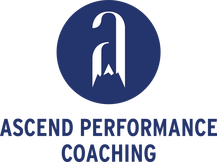

 RSS Feed
RSS Feed

